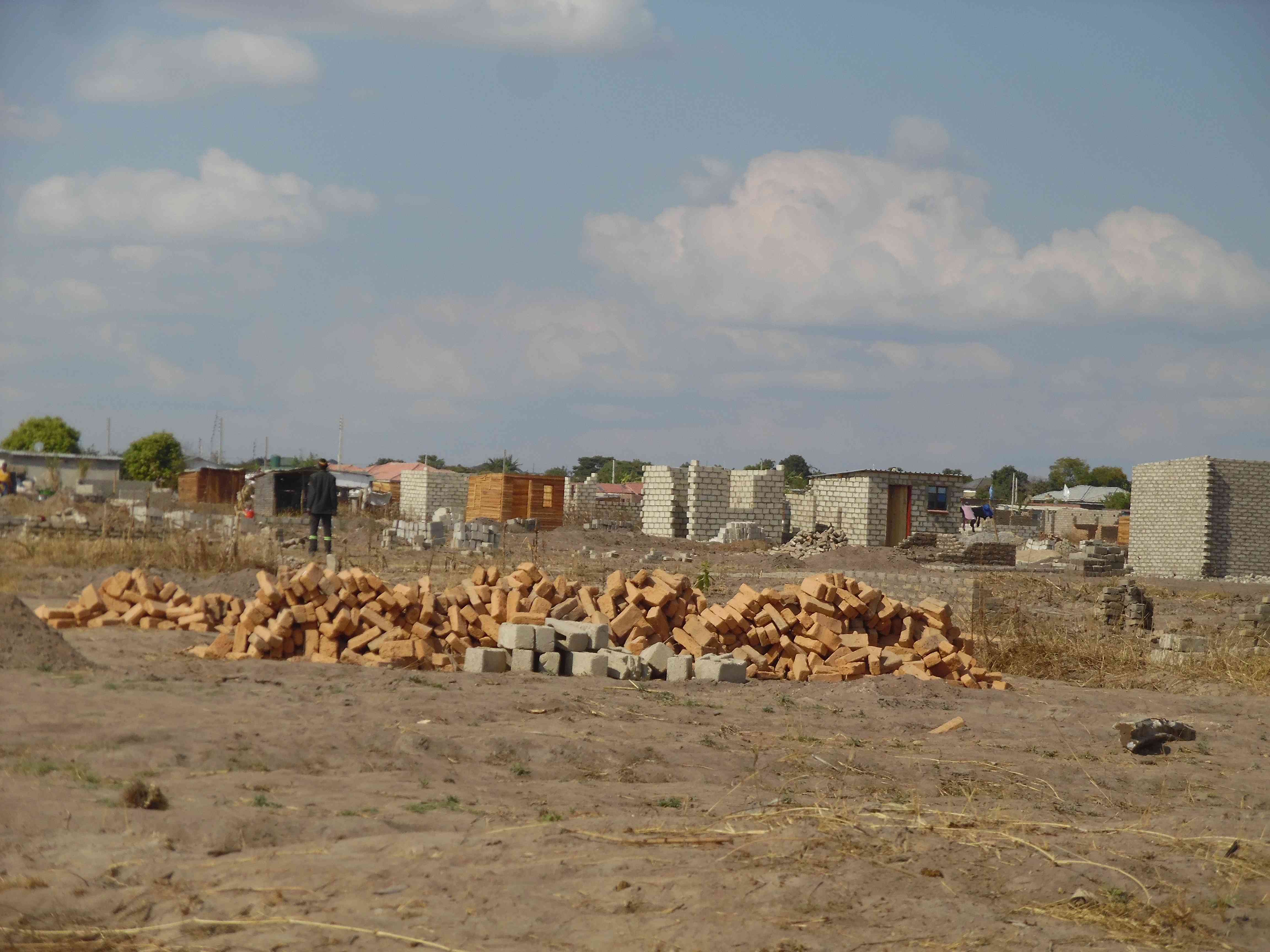
THE government’s introduction of title deeds for all farms acquired under the land reform programme without going through Parliament has irked former freedom fighters.
They are challenging a government decision that requires all farmers to pay a punitive US$500 levy per hectare before they can be issued with titled deeds.
The war veterans Pressure Group Trust has declared the decision unconstitutional, and rightly so in our view.
Land, a finite resource, has always been an emotive issue in this country.
In 1890, the British buccaneer and mining magnate Cecil John Rhodes sponsored more than 200 whites to invade this country and hoist the Union Jack.
After doing so, the colonialists grabbed most of the fertile land and relegated the black owners from verdant, arable land to the so-called reserves of poor land characterised by overcrowding.
That’s how the fight for land began. And the struggle is still ongoing.
To paraphrase former Tanzanian President Julius Nyerere when he opined in 1979 during the Lancaster House talks leading to Zimbabwe’s eventual independence the following year: To tax Zimbabweans in order to compensate people who took (the land) away from them through the gun?
- Zim fails US fiscal test
- Medical aid societies defend service charges
- Mystery buyer of diamonds outed
- Is the juice worth the squeeze?
Keep Reading
While the Zimbabwean government and the Commercial Farmers Union portray the 2020 Global Compensation Deed as a landmark achievement addressing past violations of private property rights during the fast-track land reform programme, the agreement and the subsequent requirement for beneficiaries to pay US$500 monthly to raise funds to pay off the white farmers is legally flawed, economically unrealistic, politically regressive and historically insensitive.
The Global Compensation Deed lacks constitutional legitimacy because it is not backed by an enabling Act of Parliament, as required by Zimbabwe’s supreme law.
Any agreement without such legal underpinning is ultra vires the Constitution, rendering the deal unlawful as it undermines claims of it being a genuine step towards legal redress or justice.
Zimbabwe’s dire economic situation — characterised by massive foreign debt, low creditworthiness and a long history of defaulting on international obligations — renders the proposed US$3,5 billion compensation financially infeasible.
The State’s inability to raise the colossal amount on international markets not only exposes the impracticality of the agreement, but also raises the risk of adding odious debt that further burdens an already struggling economy.
The deal has ignited internal political backlash, especially from war veterans and the opposition MDC Alliance, who see it as a betrayal of the core ideals of the liberation struggle.
By compensating a minority of white former landowners — many of whom inherited land expropriated during colonial rule — the deal reverses gains of the fast-track land reform programme, creating a political contradiction and potentially fuelling unrest.
Politically, the Mnangagwa administration’s endorsement of the Global Compensation Deed is interpreted as a strategic move to re-engage Western powers, aiming to restore diplomatic and economic relations post-Mugabe.
This move, however, is seen as disingenuous, considering many of the current leaders were central to Mugabe era policies, including land seizures.
The attempt to present the compensation as a “new dispensation” is undermined by ongoing property rights violations and unresolved land disputes.
The debate echoes unresolved tensions from colonial and post-colonial land politics.
At the Lancaster House Conference, African leaders like Nyerere resisted the idea that the dispossessed black majority should fund compensation for colonial landowners.
Yet the current deal seems to re-inscribe that injustice by using State resources — ultimately paid for by its citizens — to compensate individuals who benefited from colonial land expropriation.
This raises fundamental questions of historical justice and legitimacy.
The Global Compensation Deed, far from being a milestone in restoring property rights, is critiqued as an illegal, economically unsound, politically divisive and historically myopic arrangement.
It risks undoing hard-won liberation gains, burdens the country with unpayable debt and advances a political agenda masked as reconciliation.
In doing so, it not only fails to address past injustices comprehensively but also perpetuates new ones under the guise of reform.






